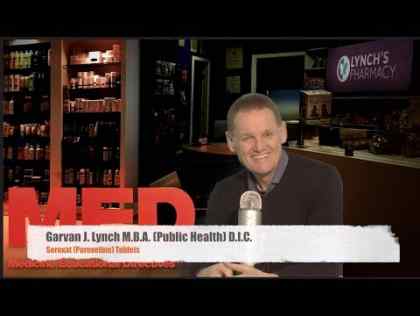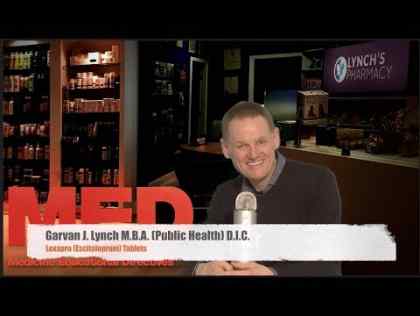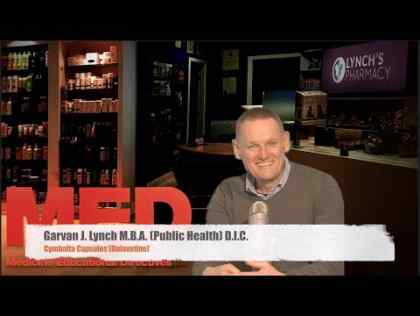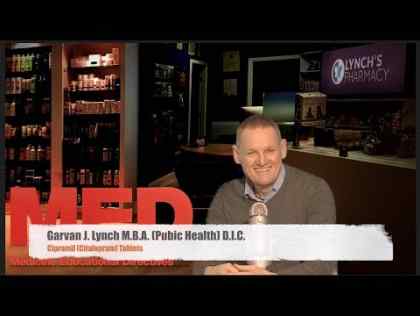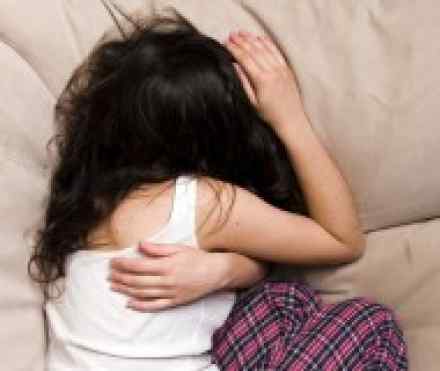
Issues such as peer pressure, academic expectations and changing bodies can bring a lot of ups and downs for teens. But, for some teens, the lows are more than just temporary feelings — they're a sign of depression.
Also called major depression and major depressive disorder, teen depression isn't a weakness or something that can be overcome with willpower. Like depression in adults, teen depression is a medical condition that can have serious consequences. However, for most teens, teen depression symptoms ease with treatment such as medication and psychological counseling.
Symptoms
Teen depression symptoms include:
- Feelings of sadness
- Loss of interest or pleasure in normal activities
- Irritability, frustration or feelings of anger, even over small matters
- Insomnia or excessive sleeping
- Changes in appetite. Depression often causes decreased appetite and weight loss, but in some people it causes increased cravings for food and weight gain
- Agitation or restlessness — for example, pacing, hand-wringing or an inability to sit still
- Slowed thinking, speaking or body movements
- Fatigue, tiredness and loss of energy — even small tasks may seem to require a lot of effort
- Feelings of worthlessness or guilt, fixation on past failures or self-blame when things aren't going right
- Trouble thinking, concentrating, making decisions and remembering things
- Frequent thoughts of death, dying or suicide
- Crying spells for no apparent reason
- Unexplained physical problems, such as back pain or headaches
- Disruptive behavioral problems, particularly in boys
- Anxiety, preoccupation with body image and concerns about performance, particularly in girls
Teen depression often occurs along with behavior problems and other mental health conditions, such as anxiety or attention-deficit/hyperactivity disorder (ADHD).
What's normal and what's not
It can be difficult to tell the difference between the ups and downs that are just part of being a teenager and teen depression. Talk with your teen. Try to determine whether he or she seems capable of handling his or her feelings without help, or if life seems overwhelming. If teen depression symptoms persist or begin to interfere in multiple areas of your teen's life, talk to a doctor or a mental health professional trained to work with adolescents. Your teen's family doctor or pediatrician is a good place to start. Or, your teen's school may have a recommendation.
Warning signs that your teen could be struggling with depression:
- Sadness, irritability or anger that goes on for two weeks or longer
- Poor school performance or frequent absences from school
- Talking about running away from home or attempting to do so
- Loss of interest in family and friends
- Conflict with friends of family members
- Extreme sensitivity to rejection or failure
- An ongoing sense that life and the future are grim and bleak
- Neglected appearance — such as mismatched clothes and unkempt hair
- Reckless behavior
- Use of alcohol or drugs
Causes
It's not known exactly what causes depression. As with many mental illnesses, it appears a variety of factors may be involved. These include:
- Biological differences. People with depression appear to have physical differences in their brains from people who aren't depressed. The significance of these changes is still uncertain but may eventually help pinpoint depression causes.
- Neurotransmitters. These naturally occurring brain chemicals linked to mood are thought to play a direct role in depression.
- Hormones. Changes in the body's balance of hormones may be involved in causing or triggering depression.
- Inherited traits. Depression is more common in people whose biological family members also have the condition.
- Life events. Events such as the death or loss of a loved one, financial problems, and high stress can trigger depression in some people.
- Early childhood trauma. Traumatic events during childhood, such as abuse or loss of a parent, may cause changes in the brain that make a person more susceptible to depression.
- Learned patterns of negative thinking. Teen depression may be linked to learning to feel helpless — rather than learning to feel capable of finding solutions for life's challenges.
Risk factors
Although the precise cause of depression isn't known, factors that seem to increase the risk of developing or triggering teen depression include:
- Having a parent, grandparent or other biological relative with depression
- Being a girl — depression occurs more often in females than in males
- Having experienced recent stressful life events, such as the death of a loved one
- Having been physically or sexually abused
- Having been the victim or witness of violence
- Having strict parents that are quick to blame or punish
- Parental divorce
- Having an anxiety disorder
- Having a chronic medical illness such as diabetes or asthma
- Having biological relatives with a history of alcoholism
- Having a family member who committed suicide
- Having few friends or other personal relationships
- Having certain personality traits, such as low self-esteem or being overly dependent, self-critical or pessimistic
- Abusing alcohol, nicotine or other drugs
- Being attracted to members of the same sex — which can cause depression linked to negative social pressures and internal emotional conflicts
- Obesity, which can lead to judgment by others and to low self-esteem
Complications
Untreated depression can result in emotional, behavioral and health problems that affect every area of your teen's life. Complications associated with teen depression can include:
- Alcohol and drug abuse
- Anxiety
- Academic problems
- Family conflicts
- Relationship difficulties
- Social isolation
- Suicide
Diagnosis
When a doctor suspects a teen has depression, he or she will generally ask a number of questions and may do medical and psychological tests. These can help rule out other problems that could be causing symptoms, pinpoint a diagnosis and also check for any related complications. These exams and tests generally include:
A physical exam. This generally involves measuring height and weight; checking vital signs, such as heart rate, blood pressure and temperature; listening to the heart and lungs; and examining the abdomen.
Psychological evaluation. To check for signs of depression, your doctor or mental health provider will talk to your teen about his or her thoughts, feelings and behavior patterns. The doctor may have your teen fill out a written questionnaire to help answer these questions.
Diagnostic criteria for depression
To be diagnosed with depression, your teen must meet the symptom criteria spelled out in the Diagnostic and Statistical Manual of Mental Disorders (DSM). This manual is published by the American Psychiatric Association and is used by mental health providers to diagnose mental conditions and by insurance companies to reimburse for treatment.
For a diagnosis of major depression, your teen must have five or more of the following symptoms over a two-week period. At least one of the symptoms must be either a depressed mood or a loss of interest or pleasure. Symptoms can be based on your teen's feelings or may be based on the observations of someone else. They include:
- Depressed mood most of the day, nearly every day, such as feeling sad, empty or tearful (in teens, depressed mood can appear as constant irritability)
- Diminished interest or feeling no pleasure in all — or almost all — activities most of the day, nearly every day
- Significant weight loss when not dieting, weight gain, or decrease or increase in appetite nearly every day (in teens, failure to gain weight as expected can be a sign of depression)
- Insomnia or increased desire to sleep nearly every day
- Either restlessness or slowed behavior that can be observed by others
- Fatigue or loss of energy nearly every day
- Feelings of worthlessness, or excessive or inappropriate guilt nearly every day
- Trouble making decisions, or trouble thinking or concentrating nearly every day
- Recurrent thoughts of death or suicide, or a suicide attempt
To be considered major depression:
- Symptoms aren't due to a mixed episode — mania along with depression that sometimes occurs as a symptom of bipolar disorder
- Symptoms must be severe enough to cause noticeable problems in day-to-day activities, such as school, social activities or relationships with others
- Symptoms are not due to the direct effects of something else, such as drug abuse, taking a medication or having a medical condition such as hypothyroidism
- Symptoms are not caused by grieving, such as temporary sadness after the loss of a loved one
Other conditions that cause depression symptoms
There are several other conditions with symptoms that can include depression. It's important to get an accurate diagnosis so your teen can get the appropriate treatment. Your doctor or mental health provider's evaluation will help determine if the symptoms of depression are caused by one of the following conditions:
- Adjustment disorder. An adjustment disorder is a severe emotional reaction to a difficult event in your life. It's a type of stress-related mental illness that may affect your feelings, thoughts and behavior.
- Bipolar disorder. Bipolar disorder is characterized by mood swings that range from the highs of mania to the lows of depression. It's sometimes difficult to distinguish between bipolar disorder and depression, but it's important to get an accurate diagnosis because treatment for bipolar disorder is different from that for other types of depression.
- Cyclothymia. Cyclothymia, or cyclothymic disorder, is a milder form of bipolar disorder.
- Dysthymia. Dysthymia is a less severe but more chronic form of depression. While it's usually not disabling, dysthymia can prevent your teen from functioning normally in his or her daily routine and from living life to its fullest.
- Postpartum depression. This is a common type of depression that occurs in new mothers. It often begins four to eight weeks after delivery and may last for months.
- Psychotic depression. This is severe depression accompanied by psychotic symptoms such as delusions or hallucinations.
- Schizoaffective disorder. Schizoaffective disorder is a condition in which a person meets the criteria for both schizophrenia and a mood disorder.
- Seasonal affective disorder. This type of depression is related to changes in seasons and diminished exposure to sunlight.
Make sure that you understand what type of depression your teen has so that you can learn more about his or her specific situation and its treatments.
References
http://www.webmd.com/depression/guide/teen-depression
http://www.mayoclinic.org/diseases-conditions/teen-depression/symptoms-causes/dxc-20164556
http://www.nhs.uk/conditions/stress-anxiety-depression/pages/anxiety-in-children.aspx
https://www.hse.ie/eng/health/az/D/Depression/


